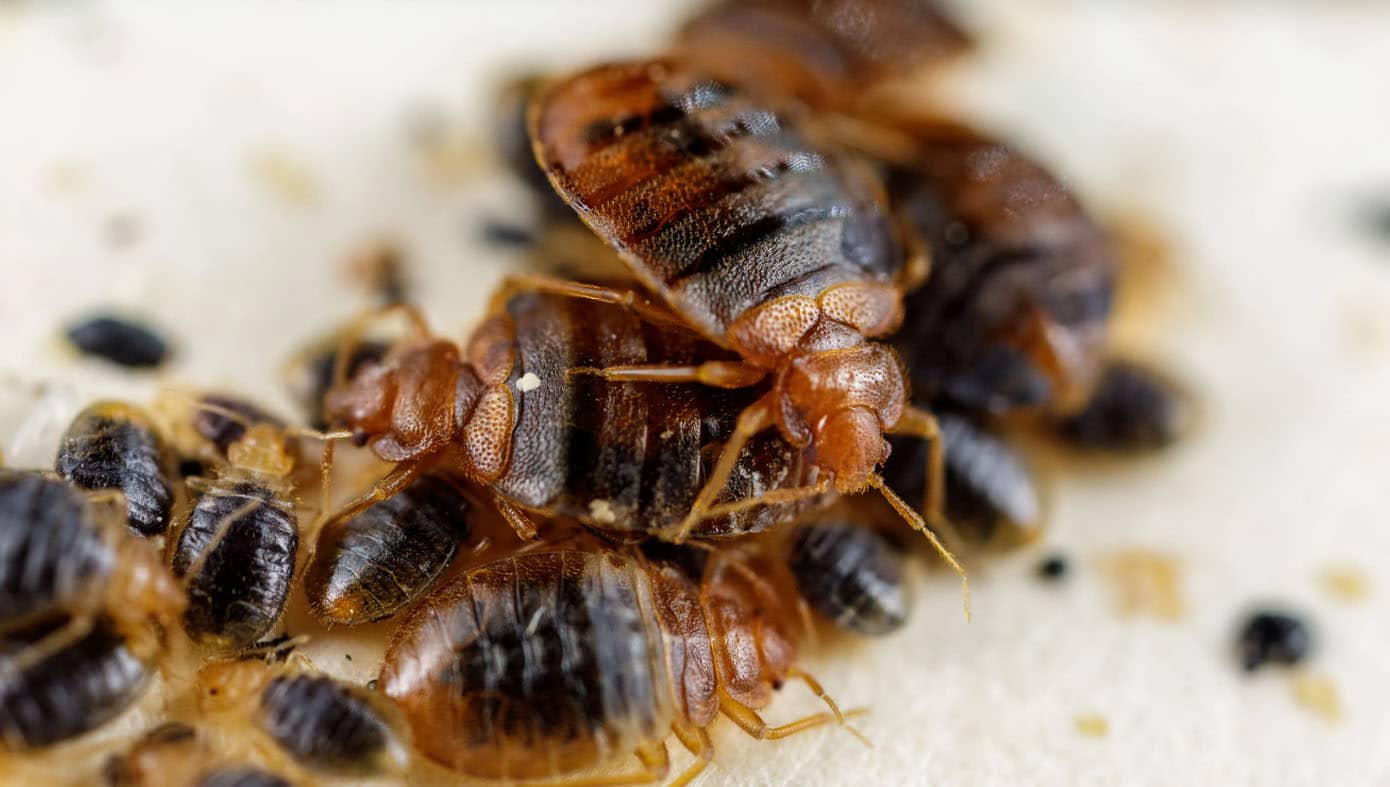Dealing with a bed bug infestation can be an arduous and challenging task, often requiring professional intervention.
Let’s explore the reasons why bed bugs are so difficult to deal with and why their resilience continues to perplex homeowners and pest control experts alike.
Rapid Reproduction
Bed bugs are notorious for their prolific reproduction rate. A single female bed bug can lay hundreds of eggs in her lifetime, and these eggs hatch relatively quickly. The speed at which bed bug populations can grow makes it challenging to get ahead of an infestation, as their numbers multiply exponentially.
Stealthy Behavior
Bed bugs are adept at remaining hidden, making it difficult to detect and eliminate them. They often conceal themselves in cracks, crevices, and tiny spaces in and around the bed. Their elusive nature allows them to avoid direct contact with insecticides or DIY treatment methods, complicating eradication efforts.
Resilience to Pesticides
Over the years, bed bugs have developed resistance to many commonly used pesticides. This adaptability has rendered traditional insecticides less effective in controlling infestations. The resilient nature of bed bugs poses a significant challenge for homeowners and pest control professionals alike, necessitating the use of alternative and often more potent chemical treatments.
Nocturnal Feeding Habits
Bed bugs are primarily nocturnal feeders, preferring to come out and feed on their hosts (usually humans) while they sleep. This behavior makes it difficult to spot them during the day and adds an element of surprise to their feeding habits. By the time an infestation becomes noticeable, it may have already reached a significant size.
Ability to Survive Without Feeding
Bed bugs are capable of surviving for extended periods without feeding. This adaptability enables them to endure in dormant states, making it challenging to starve them out. Even if a room is left unoccupied for a considerable time, bed bugs can patiently wait until a new host arrives.
Traveler’s Companions
Bed bugs are excellent hitchhikers. They can easily latch onto clothing, luggage, or other personal belongings, allowing them to spread rapidly from one location to another. This makes it challenging to contain an infestation, especially in environments with high human traffic, such as hotels, public transportation, or shared living spaces.
Psychological Impact
Beyond the physical challenges of dealing with bed bugs, there is a significant psychological toll on individuals and families affected by an infestation. The fear of being bitten during sleep and the stigma associated with bed bugs can lead to heightened stress and anxiety, further complicating the resolution of the problem.
Conclusion
The resilience, adaptability, and elusive behavior of bed bugs contribute to the difficulty of dealing with infestations. Effective bed bug management requires a comprehensive and multifaceted approach, often involving professional pest control services, thorough cleaning practices, and ongoing vigilance.
Understanding the challenges posed by these pests is crucial for developing effective strategies to prevent, detect, and eliminate bed bug infestations in homes and other spaces.




